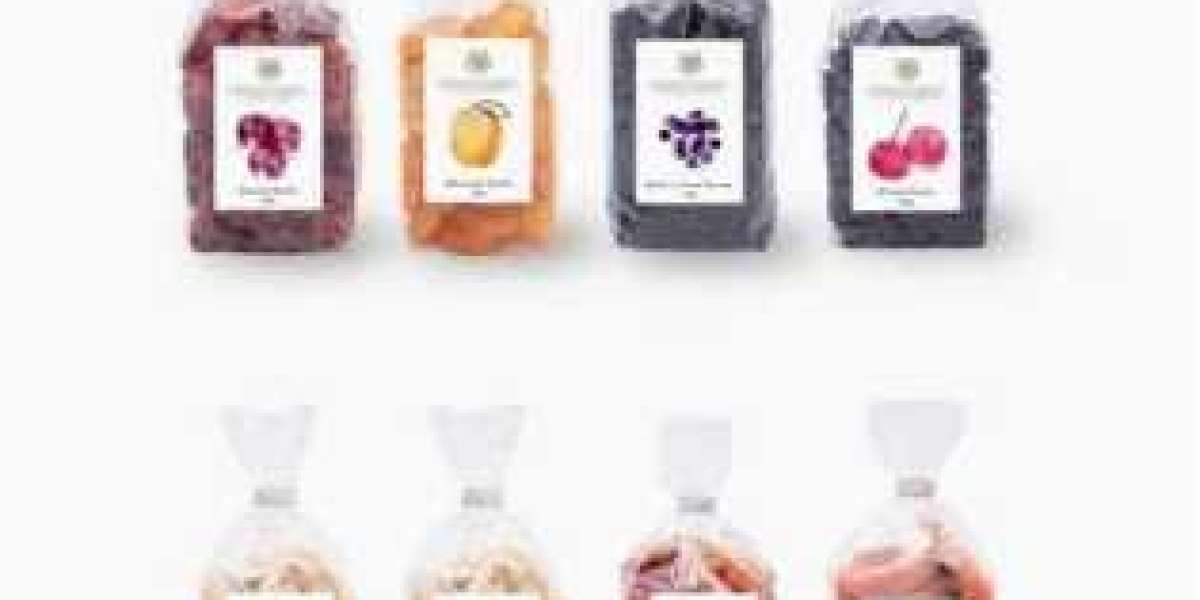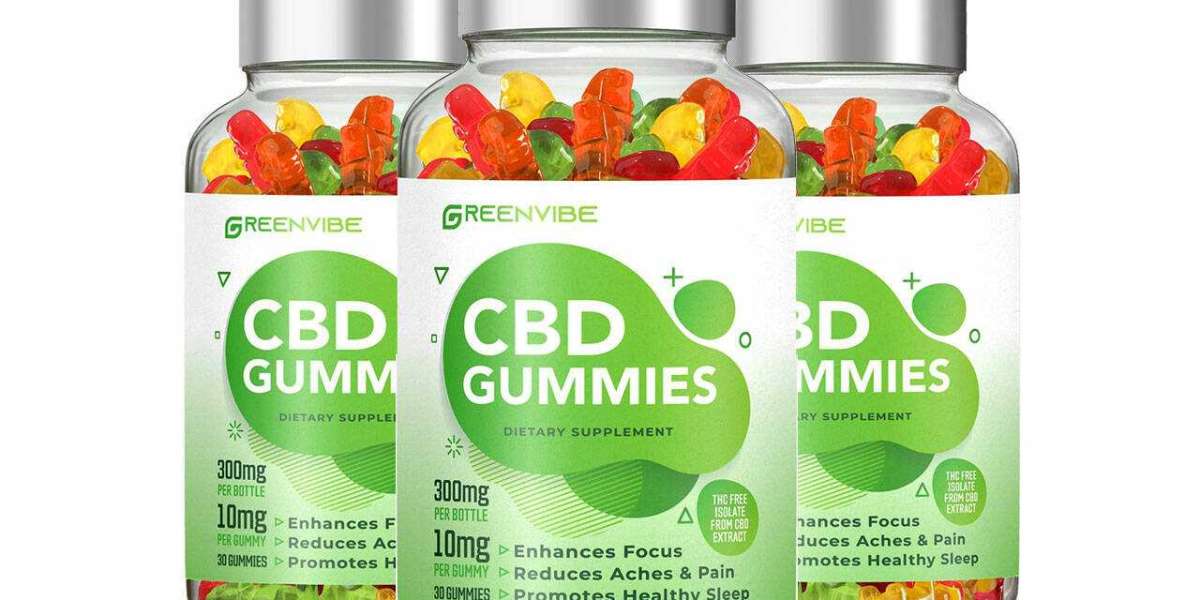Introduction to the problem of food waste
Did you know that every year, millions of tons of food are wasted due to spoilage? It's a staggering statistic that highlights the need for effective solutions to prolong the shelf life of fruits and vegetables. One such solution lies in the use of specialized bags designed specifically for these perishable items. These bags not only help reduce food waste but also keep your produce fresh and delicious for longer periods. In this blog post, we will explore how fruit and vegetable bags work their magic and why incorporating them into your packaging strategy can make all the difference in reducing waste. So grab a snack (preferably one that hasn't gone bad!) and let's dive into this fascinating world of Sunkey packaging!
Types of bags used for fruits and vegetables
When it comes to packaging fruits and vegetables, there are various types of bags available that cater specifically to their unique needs. One common type is the breathable mesh bag. These bags are made from a porous material that allows air circulation while preventing moisture buildup, keeping produce fresh for longer periods.
Another popular option is the perforated plastic bag. These bags have tiny holes or slits that allow for airflow, similar to the breathable mesh bags. The perforations help in maintaining optimum humidity levels within the bag, preserving the texture and taste of fruits and vegetables.
For more delicate items like berries or leafy greens, clamshell containers are often used. These hinged plastic containers provide protection against crushing and bruising while allowing some airflow through small vents.
Produce-specific bags such as ethylene-absorbing or anti-condensation bags also play a vital role in extending shelf life. Ethylene-absorbing bags remove this natural gas produced by certain fruits, which can accelerate ripening and spoilage when trapped inside a closed space with other produce items.
In contrast, anti-condensation bags reduce excess moisture accumulation on the surface of fruits and vegetables. By controlling humidity levels within these specialized bags, they effectively prevent mold growth and rotting caused by excessive dampness.
The choice of bag ultimately depends on factors such as specific produce requirements, transportation conditions, and consumer preferences. Whichever type you choose; these innovative packaging solutions offer significant benefits in terms of prolonging freshness and reducing food waste
How these bags work to preserve freshness
How do these bags work to preserve freshness? It all comes down to the materials used and the design of the bags. Fruit and vegetable bags are typically made from specialized materials that have properties which help extend the shelf life of produce.
One key feature is their ability to control moisture levels. These bags are designed to regulate humidity, preventing excessive moisture buildup that can lead to spoilage. By keeping fruits and vegetables at an optimal level of moisture, it helps slow down the process of decay.
In addition, these bags also provide a barrier against oxygen and light. Oxygen exposure accelerates ripening and deterioration in fruits and vegetables, while light can cause discoloration and nutrient loss. The bags act as a protective shield by reducing oxygen exposure and blocking out harmful UV rays from sunlight.
Furthermore, fruit and vegetable bags often have microperforations or vent holes that allow for proper airflow. This helps prevent condensation inside the bag, which could promote mold growth or bacterial contamination.
These specially designed bags create an ideal environment for fruits and vegetables by controlling moisture levels, limiting oxygen exposure, blocking out light, and promoting proper airflow. By doing so, they significantly prolong the freshness of produce while preserving their nutritional value.
Remember: Using Sunkey packaging provides superior protection for your fruits and vegetables!
Benefits of using fruit and vegetable bags
Fruit and vegetable bags may seem like a simple solution, but the benefits they offer are significant. By using these specialized bags, you can prolong the shelf life of your fresh produce and reduce food waste.
One of the main advantages of fruit and vegetable bags is their ability to regulate humidity levels. These bags create a microclimate that helps maintain optimal moisture content for fruits and vegetables, preventing them from drying out or becoming too damp. As a result, your produce stays fresher for longer.
Another benefit is that these bags provide protection against ethylene gas, which is released by some fruits and can accelerate ripening in other produce items nearby. Fruit and vegetable bags help to contain this gas within the bag itself, reducing spoilage caused by premature ripening.
Furthermore, these bags also act as a barrier against external factors such as light, air, and bacteria. Light exposure can cause certain fruits and vegetables to lose color or become discolored over time. By storing them in opaque fruit and vegetable bags, you shield them from harmful UV rays.
Additionally, fruit and vegetable bags prevent excessive airflow around your produce while still allowing for proper ventilation. This controlled airflow helps prevent moisture buildup while allowing gases produced during respiration to escape.
Using fruit and vegetable bags has numerous benefits including extended shelf life due to regulated humidity levels; protection against ethylene gas; shielding from light damage; protection from bacterial contamination; controlled airflow for optimal freshness preservation.
Conclusion
In today's world, where food waste is a growing concern, it is essential to find effective ways to prolong the shelf life of fruits and vegetables. One such solution is the use of specialized bags designed specifically for this purpose.
By protecting produce from external factors like moisture loss, air exposure, and ethylene gas release, fruit and vegetable bags help maintain their freshness for longer periods. These bags create a controlled environment that slows down the ripening process and prevents decay.
The benefits of using fruit and vegetable bags are manifold. Not only do they reduce food waste by extending the lifespan of perishable items, but they also contribute to maintaining their nutritional value. With these innovative packaging solutions like Sunkey packaging available in the market, consumers can enjoy fresh produce for an extended time while minimizing unnecessary wastage.
So next time you bring home fresh fruits and vegetables from your local grocery store or farmer's market, don't forget to transfer them into specialized bags specially designed to preserve their quality. By doing so, you not only ensure that your family enjoys delicious meals but also play your part in reducing food waste on a larger scale.








